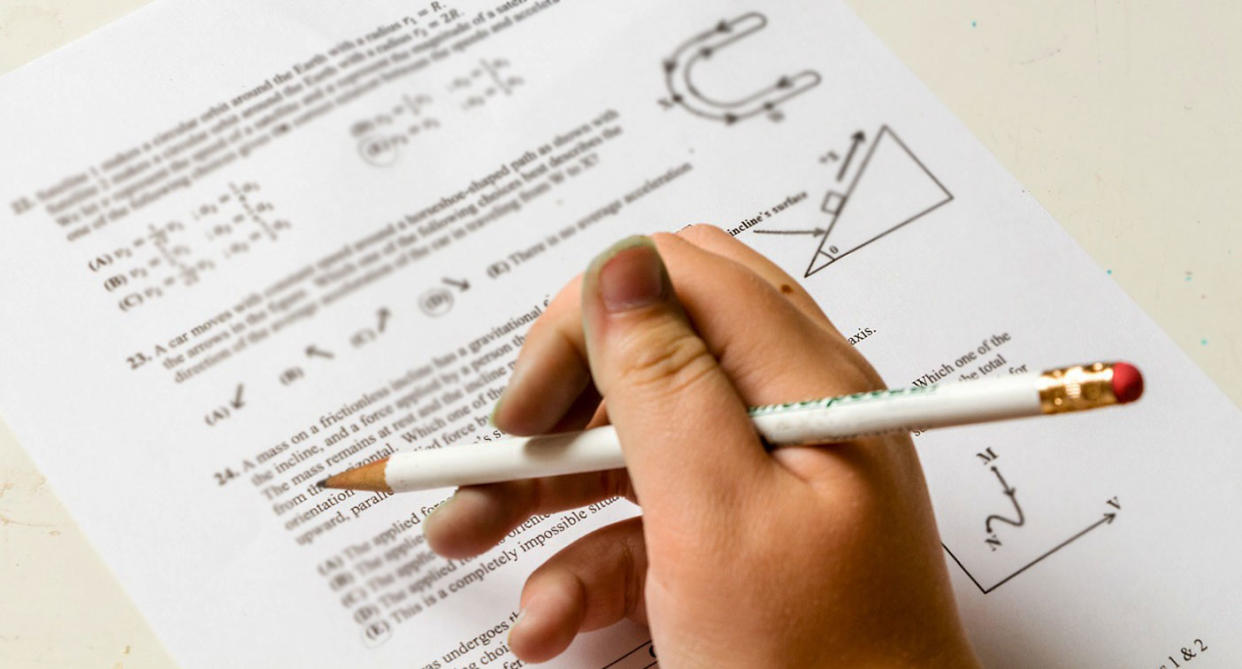PSLE too stressful for both students and parents: survey

A survey by Singapore-based research agency Blackbox Research last month found that, while over 70 per cent of Singaporeans found the Primary School Leaving Examination (PSLE) to be “meritocratic and fair”, more than three-quarters of them found the exams too stressful for both students and parents.
The survey of 1,000 Singaporeans and residents also noted that about 83 per cent of the survey respondents would like to see more discussions of alternatives to the PSLE, and that seven in 10 of them believe that the PSLE is no longer in step with changing times, as Singapore’s society and expectations have evolved.
Last month, Education Minister Ong Ye Kung announced sweeping moves designed to move away from the narrow focus on examinations and grades. They include removing assessments for Primary 1 and Primary 2 students, as well as information such as pupils’ class and level positions from report books.
However, despite the Singapore Parliament having previously debated the scrapping of the “sacred cow” of PSLE, Ong defended the system, saying it is “the most meritocratic, and probably the most fair”.
And while the Blackbox survey conducted from 12 to 19 October this year found the majority of respondents agreeing with Ong, about 75 per cent of the respondents also felt that the PSLE result carries too much weight in determining a student’s life. Also, 87 per cent of them believe that the PSLE result is not a defining score for students, as they can improve their performance in secondary school and beyond.
Six in 10 adults have better education than their parents
Meanwhile, a report released on Tuesday (23 October) by the Organisation for Economic Cooperation and Development (OECD) found that almost six in 10 adults in Singapore have a better education than their parents.
The Republic was ranked among the top nations in the world for upward educational mobility, with its percentage significantly higher than the global average of about 40 per cent.
The report, titled Equity in Education: Breaking Down Barriers to Social Mobility, found that nations with high upward educational mobility include Finland, South Korea, Russia and Cyprus.
In contrast, countries like Turkey, Germany and Czech Republic are ranked among the bottom, with less than 30 per cent of their adults managing to have a better education than their parents.
The report also found that Singapore is the only country which has shown a big improvement between generations in the chances of adults completing tertiary education.
Among the oldest cohort of adults surveyed (aged 56 to 65), those with highly-educated parents were 55 percentage points more likely to get a diploma or degree than those with lowly-educated parents.
However, among the youngest cohort of adults surveyed (aged 26 to 35), the difference was only 36 percentage points, down 19 percentage points between the youngest and oldest cohorts.
“In Singapore, equity has improved markedly over time,” the report said.
Related story:
No more exams for P1, P2 students from 2019: Ministry of Education



